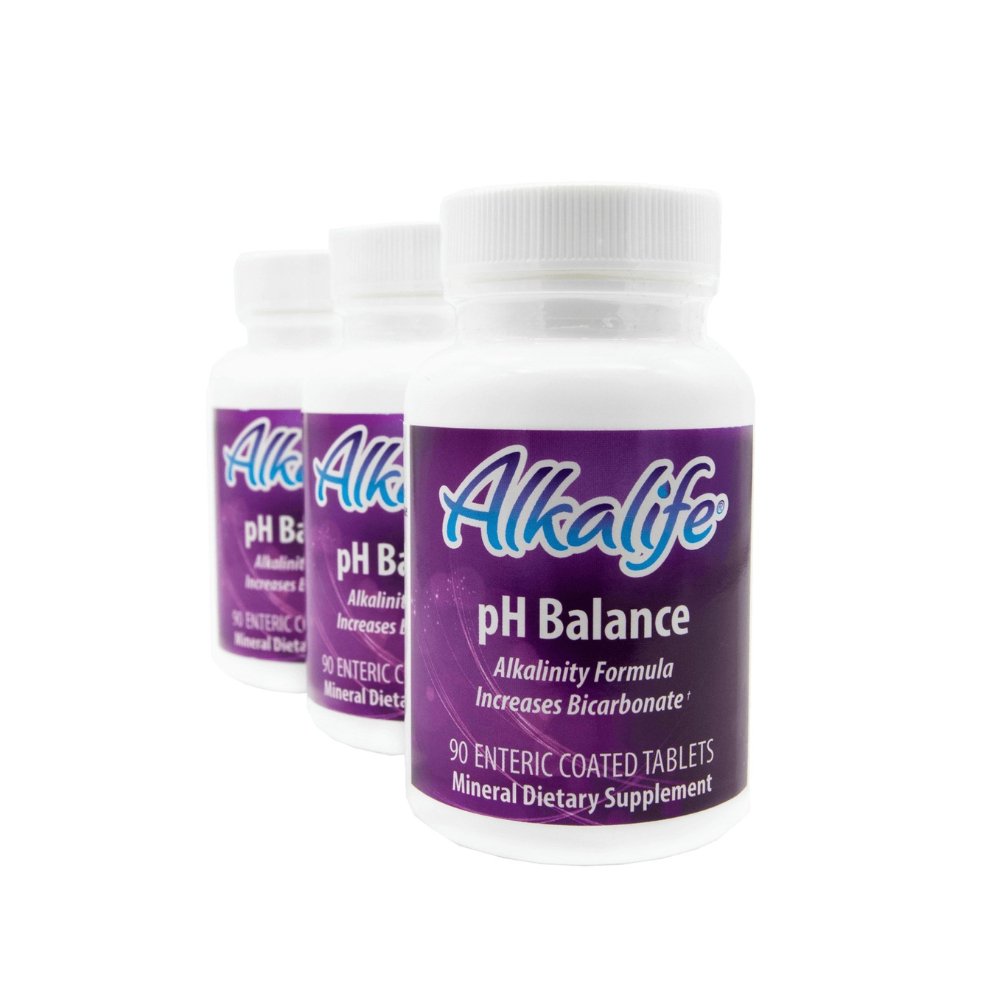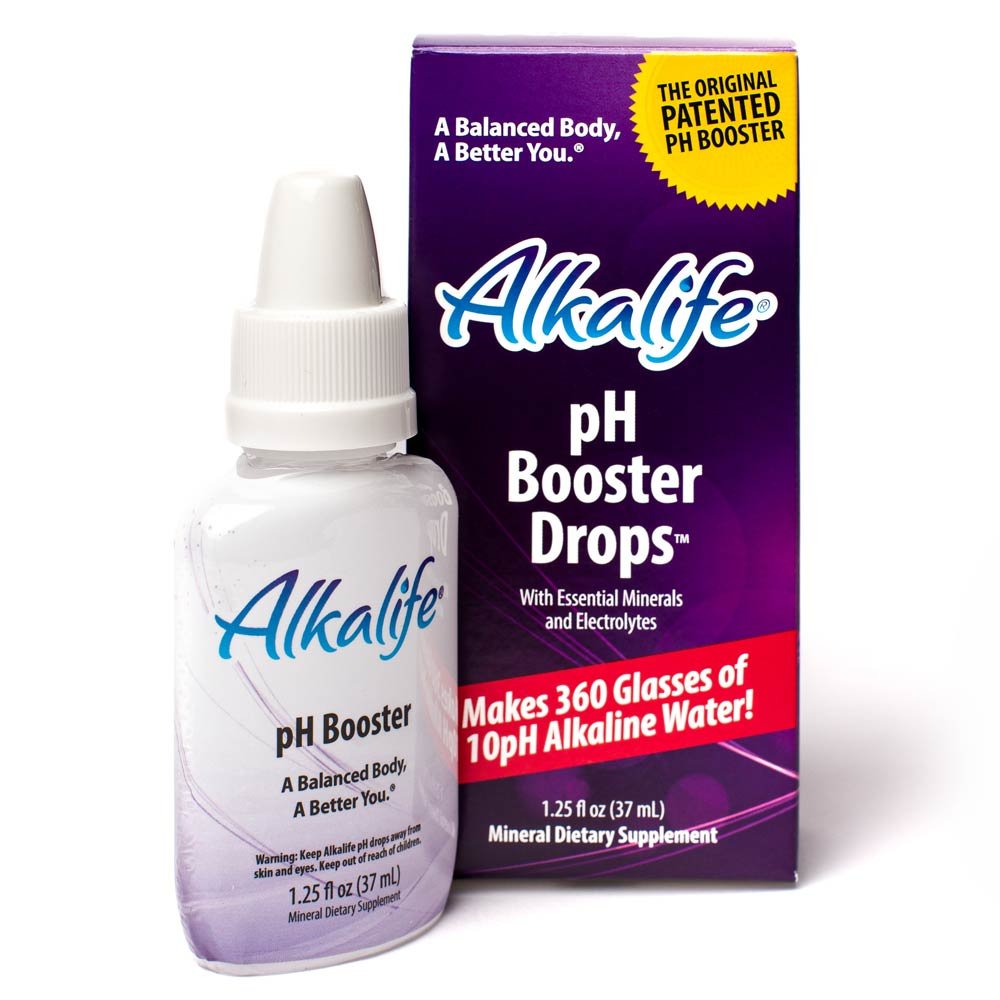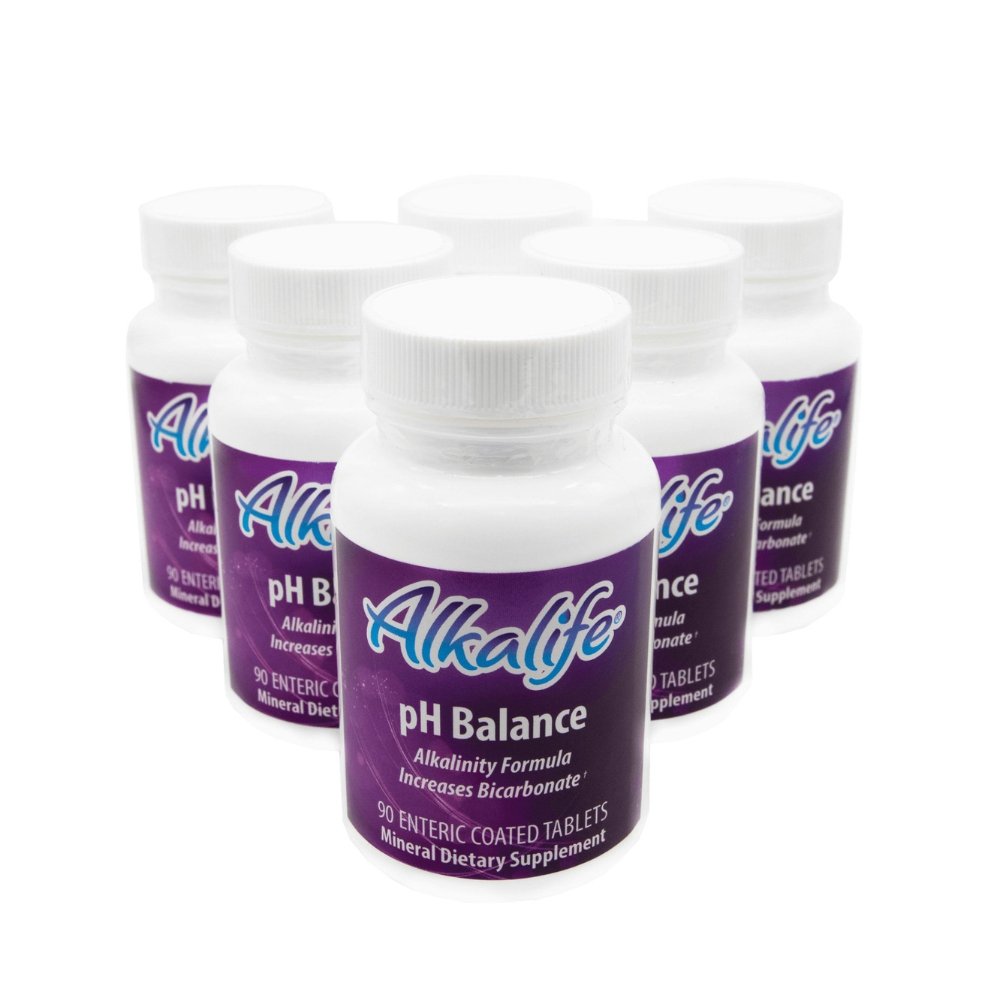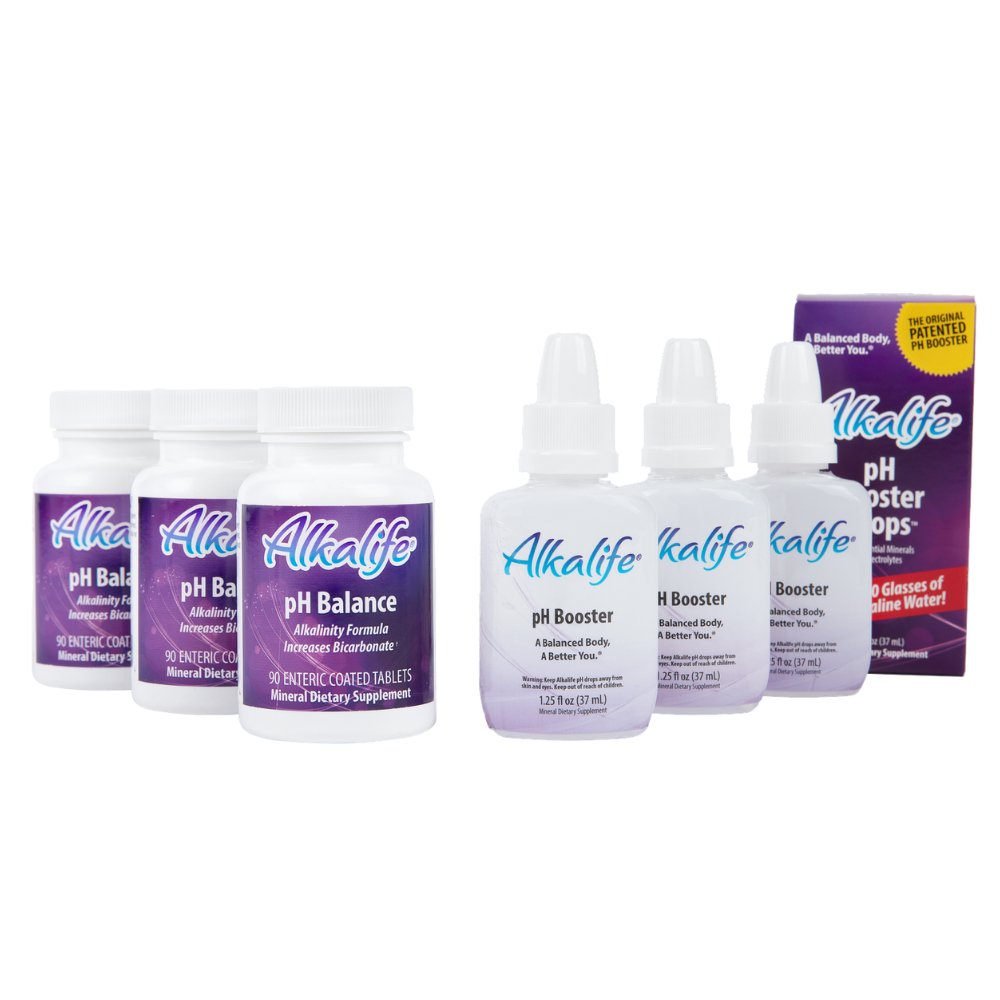Free US Shipping $49+ | 60 Day Money Back Guarantee | Shop Gift Gards for Last Minute Gifts
Free US Shipping $49+ | 60 Day Money Back Guarantee | Shop Gift Gards for Last Minute Gifts
The Impact of Water Quality on Skin Health
February 17, 2025 11 min read

Guest Author: Laura Watson
Understanding the Connection: Water and Your Skin
Your skin is your body's largest organ, constantly exposed to the environment, including water. Whether you're washing your face, showering, or swimming in a pool, the quality of water you come into contact with can significantly impact your skin's health and appearance. Understanding this crucial link between water quality and skin health is essential for maintaining a radiant, healthy complexion.
Water plays a vital role in your skin's natural functions. It helps maintain skin elasticity, regulates body temperature through sweating, and aids in transporting nutrients to skin cells. However, not all water is created equal. The quality of water you use can either nourish your skin or potentially cause various skin issues. To enhance hydration and skin health, treatments like hydra facial can provide deep cleansing, exfoliation, and intense hydration, leaving your skin refreshed and rejuvenated.
In this article, we'll explore the intricate relationship between water quality and skin health, delving into the various factors affecting your skin and providing practical solutions to ensure you're giving your skin the best possible care. By the end, you'll understand how water impacts your skin and what steps you can take to optimize your skincare routine.
The Impact of Water Quality on Skin Health
The water quality you use on your skin can have far-reaching effects on its health and appearance. Poor water quality can lead to various skin issues, from dryness and irritation to more severe conditions like eczema flare-ups or acne breakouts. On the other hand, using high-quality water can help maintain your skin's natural balance and promote a healthy, glowing complexion.
One of the primary ways water quality affects your skin is through its mineral content. High in minerals like calcium and magnesium, hard water can leave a residue on your skin that clogs pores and leads to dryness. This residue can also make it difficult for your skincare products to penetrate effectively, reducing their efficacy.
Moreover, the pH level of water can impact your skin's protective barrier. Your skin has a naturally acidic pH ranging from 4.5 to 6.5. Water with a high pH (alkaline) can disrupt this balance, increasing sensitivity and vulnerability to environmental stressors. Understanding these factors is crucial in developing a skincare routine that works in harmony with your water quality, especially for individuals undergoing IVF treatment, as hormonal changes can make the skin more sensitive and reactive.

Common Water Contaminants Affecting Skin
Water can contain various contaminants that may negatively impact your skin health. Awareness of these potential hazards can help you take appropriate measures to protect your skin. Here are some common water contaminants and their effects on skin:
1. Chlorine: Often used to disinfect water, chlorine can strip your skin of its natural oils, leading to dryness and irritation.
2. Heavy metals: Contaminants like lead, copper, and mercury can accumulate in your skin, potentially causing long-term damage and premature aging.
3. Pesticides and herbicides: These chemicals can seep into water sources and may cause skin irritation or allergic reactions in sensitive individuals.
4. Microorganisms: Bacteria, viruses, and parasites in contaminated water can lead to skin infections and other health issues.
5. Nitrates: High levels of nitrates in water can interfere with your skin's ability to retain moisture, resulting in dryness and flakiness.
To protect your skin from these contaminants, consider investing in a quality water filtration system for your home. This can help remove many harmful substances before they come into contact with your skin. Additionally, incorporating stretching exercise into your daily routine can improve blood circulation, which supports overall skin health and enhances its natural glow.

Hard Water vs. Soft Water: Effects on Skin
The hardness or softness of water can significantly impact your skin's health and appearance. Let's explore the differences between hard and soft water and how they affect your skin:
Hard Water
Hard water contains high levels of minerals, primarily calcium and magnesium. While these minerals are not inherently harmful, they can have several negative effects on your skin:
- Dryness and irritation: The mineral deposits left behind by hard water can strip your skin of its natural oils, leading to dryness, itchiness, and irritation.
- Clogged pores: Mineral buildup can block your pores, potentially leading to acne breakouts or exacerbating existing skin conditions.
- Reduced product efficacy: The residue left by hard water can create a barrier on your skin, making it difficult for skincare products to penetrate and work effectively.
- Accelerated aging: Over time, constant exposure to hard water may contribute to premature aging by reducing skin elasticity and promoting the formation of fine lines.
Soft Water
Soft water, on the other hand, contains lower levels of minerals and is generally considered better for your skin:
• Improved hydration: Soft water doesn't leave behind mineral deposits, allowing your skin to retain moisture more effectively.
• Better product absorption: Without mineral buildup, your skincare products can penetrate more efficiently, enhancing their effectiveness.
• Reduced irritation: Soft water is less likely to cause skin irritation, making it ideal for those with sensitive skin or conditions like eczema.
• Balanced pH: Soft water typically has a more neutral pH, closer to your skin's natural pH level, helping maintain its protective barrier.
If you live in an area with hard water, consider installing a water softener or using a shower filter to mitigate its effects on your skin.
Signs Your Water Quality is Harming Your Skin
Recognizing the signs that your water quality may be negatively impacting your skin is crucial for taking corrective action. Here are some indicators to watch out for:
1. Persistent dryness or itchiness: If your skin feels constantly dry or itchy, especially after showering or washing your face, it could be a sign of hard water or chemical contaminants.
2. Dull or lackluster complexion: Poor water quality can leave a film on your skin, making it appear dull and lifeless.
3. Increased sensitivity or redness: If your skin becomes more sensitive or prone to redness after contact with water, it may indicate the presence of irritants or an imbalanced pH.
4. Acne breakouts: Mineral deposits from hard water can clog pores, potentially leading to more frequent acne breakouts.
5. Scalp issues: If you're experiencing dandruff or an itchy scalp, it could be related to water quality affecting your skin beyond just your face and body.
6. Soap scum residue: If you notice a filmy residue on your skin after bathing, it's likely due to the interaction between hard water and soap.
7. Premature aging signs: Long-term exposure to poor-quality water may accelerate the appearance of fine lines and wrinkles.
If you're experiencing any of these signs, it's worth investigating your water quality and considering solutions to improve it for your skin health.

How Different Water Types Affect Various Skin Conditions
Different types of water can have varying effects on specific skin conditions. Understanding these interactions can help you manage your skin health more effectively:
Eczema
• Hard water: Can exacerbate eczema symptoms by further drying out the skin and potentially triggering flare-ups.
• Soft water: Generally more beneficial for eczema-prone skin, as it's less likely to strip away natural oils.
• Chlorinated water: May irritate eczema-prone skin due to its drying effects.
Acne
• Hard water: Mineral deposits can clog pores, potentially worsening acne.
• Soft water: May help reduce acne by allowing for better cleansing and product absorption.
• pH-balanced water: This can help maintain the skin's natural barrier, potentially reducing acne breakouts.
Psoriasis
• Hard water: May exacerbate psoriasis symptoms by further drying and irritating affected areas.
• Soft water: Can be more soothing for psoriasis-prone skin, helping to maintain hydration.
• Mineral-rich water: Some mineral waters may have anti-inflammatory properties that could benefit psoriasis sufferers.
Rosacea
• Hard water: The mineral content may irritate sensitive rosacea-prone skin.
• Soft water: Generally less irritating for rosacea sufferers.
• Cool water: Cool water can help soothe rosacea symptoms regardless of type.
Dry Skin
• Hard water: Can exacerbate dryness by leaving mineral deposits on the skin.
• Soft water: Helps maintain skin hydration more effectively.
• Filtered water: Removing contaminants can help prevent further drying of already dry skin.
By understanding how different water types affect your skin condition, you can make informed decisions about water treatment and skincare routines.
Water Filtration Methods for Improved Skin Health

Implementing effective water filtration methods can significantly improve the water quality you use on your skin. Here are some popular filtration options to consider:
1. Whole-house water softeners:
· Removes minerals that cause hard water
· Benefits all water sources in your home
· Requires professional installation
2. Shower head filters:
· Easy to install
· Removes chlorine and some other contaminants
· Needs regular replacement
3. Reverse osmosis systems:
· Highly effective at removing a wide range of contaminants
· Can be installed under the sink or for the whole house
· Requires professional maintenance
4. Activated carbon filters:
· Effectively removes chlorine and organic compounds
· Available in various formats (pitcher, faucet-mounted, under-sink)
· Needs regular filter replacements
5. UV water purifiers:
· Kills bacteria and other microorganisms
· Does not remove chemical contaminants
· Often used in combination with other filtration methods
6. Ceramic filters:
· Removes sediment and some microorganisms
· Long-lasting and environmentally friendly
· May not remove chemical contaminants
When choosing a filtration method, consider your local water quality, budget, and specific skin concerns. It's often beneficial to combine multiple filtration methods for comprehensive water treatment.
Skincare Routines to Combat Poor Water Quality

Adapting your skincare routine to address the challenges of poor water quality can help maintain healthy, radiant skin. Here are some strategies to incorporate:
1. Pre-cleanse with micellar water:
· Removes the initial layer of impurities without tap water
· Helps minimize exposure to hard water or contaminants
2. Use a pH-balanced cleanser:
· Helps maintain skin's natural acidic barrier
· Counteracts the effects of alkaline water
3. Incorporate a weekly clarifying treatment:
· Helps remove mineral buildup on skin
· Can include clay masks or gentle chemical exfoliants
4. Apply a hydrating toner:
· Restores skin's pH balance after cleansing
· Provides an extra layer of hydration
5. Use a protective serum:
· Look for antioxidant-rich formulas to combat environmental stressors
· Consider hyaluronic acid for added hydration
6. Moisturize immediately after bathing:
· Locks in hydration before water evaporates from the skin
· Choose a moisturizer appropriate for your skin type
7. Consider oil cleansing:
· Can be effective for removing impurities without stripping skin
· Particularly beneficial for those with dry or sensitive skin
8. Use lukewarm water:
· Hot water can further dry out and irritate the skin
· Lukewarm water is gentler on the skin's natural oils
9. Pat dry instead of rubbing:
· Reduces friction and potential irritation
· Leaves some moisture on the skin for better product absorption
10. Use a humidifier:
· Adds moisture to the air, helping combat the drying effects of hard water
· Particularly beneficial during dry seasons or in air-conditioned environments
Incorporating these strategies into your skincare routine can help mitigate the adverse effects of poor water quality on your skin.
The Role of pH in Water and Its Effect on Skin
The pH level of water plays a crucial role in how it interacts with your skin. Understanding this relationship can help you make informed decisions about your skincare routine and water treatment options.

What is pH?
pH is a scale that measures how acidic or alkaline a substance is, ranging from 0 (most acidic) to 14 (most alkaline). A pH of 7 is considered neutral. Your skin has a naturally acidic pH, typically between 4.5 and 6.5, which helps maintain its protective barrier against bacteria and environmental stressors.
How Water pH Affects Skin
1. Alkaline water (pH > 7):
· Can disrupt skin's natural pH balance
· May lead to dryness and irritation
· Can make skin more susceptible to bacteria and other pathogens
2. Acidic water (pH < 7):
· Closer to skin's natural pH
· Generally less disruptive to skin's protective barrier
· May help maintain skin hydration more effectively
3. Neutral water (pH 7):
· Less likely to cause significant pH disruption
· Still may affect skin differently based on individual skin type
Balancing Water pH for Skin Health
To optimize your water's pH for skin health, consider the following:
• Test your water's pH using pH strips or a digital pH meter
• If your water is highly alkaline, consider using a water filter that can adjust pH levels
• Use pH-balanced skincare products to help counteract the effects of water pH
• Consider using a pH-balancing toner after cleansing to restore the skin's natural acidity
Paying attention to water pH and balancing it can help maintain your skin's natural protective barrier and overall health.
Long-term Benefits of Using Quality Water for Skin Care

Investing in high-quality water for your skincare routine can yield significant long-term benefits for your skin health and overall well-being. Here are some of the advantages you can expect:
1. Improved skin hydration:
· Quality water helps maintain the skin's natural moisture balance
· Leads to plumper, more supple skin over time
2. Reduced signs of aging:
· Minimizes exposure to harsh minerals and contaminants
· Can help prevent premature fine lines and wrinkles
3. Better management of skin conditions:
· Helps control symptoms of eczema, psoriasis, and acne
· Reduces the likelihood of flare-ups caused by water irritants
4. Enhanced efficacy of skincare products:
· Allows for better absorption of active ingredients
· Maximizes the benefits of your skincare investments
5. Strengthened skin barrier:
· Helps maintain skin's natural pH balance
· Improves skin's ability to protect against environmental stressors
6. Reduced skin sensitivity:
· Minimizes exposure to irritants in water
· Can lead to calmer, less reactive skin over time
7. Improved overall skin tone and texture:
· Reduces mineral buildup that can dull skin appearance
· Promotes a clearer, more radiant complexion
8. Potential cost savings:
· May reduce the need for extensive skincare treatments
· Can lead to using less product due to improved efficacy
9. Healthier scalp and hair:
· Benefits extend beyond facial skin to whole-body care
· Can improve issues like dandruff and dry, brittle hair
10. Increased confidence:
· Healthier skin can boost self-esteem and well-being
· Reduces stress associated with managing skin issues
By prioritizing water quality in your skincare routine, you're investing long-term in your skin's health and appearance.
Expert Recommendations for Optimal Water and Skin Health
To help you achieve the best possible skin health through water quality management, here are some expert recommendations:
1. Invest in a comprehensive water testing kit:
· Identifies specific contaminants in your water
· Helps you choose the most appropriate filtration method
2. Consider a multi-stage filtration system:
· Combines different filtration methods for thorough purification
· Addresses a wide range of potential water quality issues
3. Regularly maintain your water treatment systems:
· Ensures continued effectiveness of filtration
· Prevents buildup of contaminants in filters
4. Use filtered water for your entire skincare routine:
· Includes cleansing, toning, and even mixing masks
· Minimizes exposure to potential irritants
5. Adjust your skincare routine seasonally:
· Water quality can change with seasons
· Allows for adaptation to changing environmental factors
6. Stay hydrated from the inside out:
· Drink plenty of filtered water throughout the day
· Supports overall skin health and hydration
7. Consider using bottled mineral water for facial mists:
· Can provide beneficial minerals for skin
· Useful for refreshing skin throughout the day
8. Consult a dermatologist for personalized advice:
· Can provide insights based on your specific skin type and concerns
· May recommend specialized treatments for water-related skin issues
9. Be mindful of water temperature:
· Use lukewarm water for cleansing to avoid stripping skin oils
· Consider cold water rinses to help close pores and boost circulation
10. Educate yourself about your local water supply:
· Understanding regional water issues can inform your treatment choices
· Stay updated on any changes or advisories in your area
By following these expert recommendations, you can optimize your approach to water quality and skin health, improving your skin's appearance and overall well-being.
Conclusion: Prioritizing Water Quality for Radiant Skin
The connection between water quality and skin health is undeniable. From the minerals and contaminants present in your water to its pH level, every aspect can significantly impact your skin's appearance, health, and long-term well-being. By prioritizing water quality in your skincare routine, you're taking a crucial step towards achieving and maintaining radiant, healthy skin.
Remember that improving your water quality is not just about addressing current skin concerns; it's an investment in your skin's future. By reducing exposure to harmful contaminants, maintaining proper pH balance, and ensuring optimal hydration, you're setting the foundation for long-lasting skin health.
As you move forward, consider implementing some of the strategies and recommendations discussed in this article. Whether installing a water filtration system, adjusting your skincare routine, or simply being more mindful of the water you use on your skin, every step counts towards better skin health.
Also in News

Hydration and Mental Clarity: Does pH-Balanced Water Affect Focus
December 01, 2025 6 min read
Read More
From Sleep to Sweat: How Your Daily Hydration Impacts Overall Wellness
November 11, 2025 5 min read
Read More






